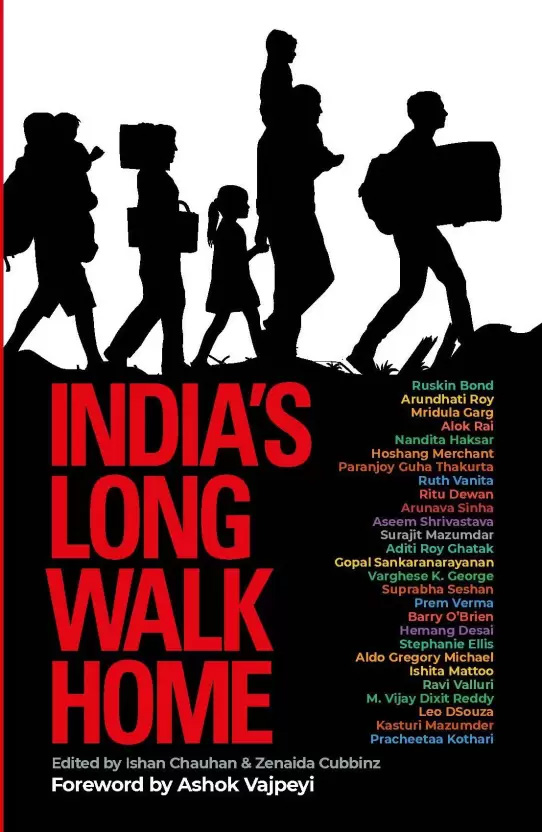PROFESSOR KAUSHIK Basu has studied in and taught at some of the most prestigious educational institutions across the world before he became the Chief Economic Adviser to the government of India in the Ministry of Finance, in his latest avatar. His book, first published in 2010, seeks to explain to the lay reader and the professional economist why free enterprise capitalism does not always work wonders and is meant to be — to use the blurb — “an impassioned and sharply nuanced critique of mainstream economics”.
An important tenet of economic theory is that under particular conditions, self-interested behaviour by a large group of individuals would bring about social good as if orchestrated by an “invisible hand”, a phrase first used by 18th century Scottish social philosopher and political economist Adam Smith. Basu points out up front that what powerful people (including lobbyists, lawyers, politicians and journalists) who are overly enamoured by this tenet fail to recognise is that this textbook conceptualisation of a free market “does not and probably cannot exist in reality”.
The academic is clear that while the free-market proposition is a “powerful intellectual achievement” and one holding “great aesthetic appeal”, there has been “rampant misuse” of Smith’s theory that, in turn, has distorted the way government policies have been crafted, views about globalisation structured and dissent dismissed. He hopes to provide a form to those who are unhappy about the impacts of globalisation and corporatisation on our planet. He attempts to articulate the views of those who disagree with the contention of traditional economics — that the current system of free-market capitalism is the only viable one and, in the process, ends up serving the interests of those who prosper from the system to the exclusion of others.
Basu points out how Smith’s proposition about the invisible hand has been taken out of context and “used as the cornerstone of free-market orthodoxy”, hampering our understanding of how the economies of nation-states function, why some succeed and others fail and on the role and nature of government intervention in economic life. Comparing the contorted view of Smith to the amoral vision of human endeavour depicted in the writings of German novelist Franz Kafka, Basu calls for collective action and highlights the need to not just pursue goals of “efficiency” but also create a society that is just and fair.
This reviewer found it particularly ironical that this book is published in India when the author, by his own admission, is being pilloried continuously as “Mr Inflation”, when his prognostications about the movement of the wholesale price index have gone awry and when the Central government (of which he is a part) is being justifiably attacked for its inability to control food prices which have widened the already-wide rich-poor divide.


